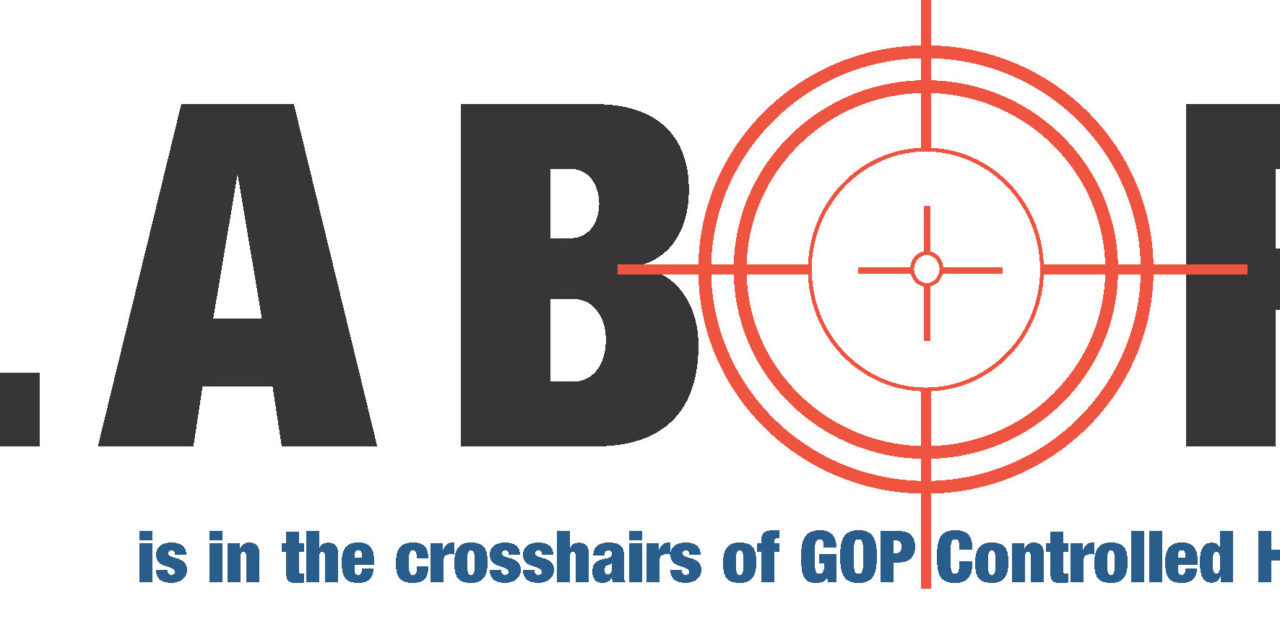In August, House Republicans pledged they would “go after the labor movement if they take control of the House.”
More than a week after election day, the GOP secured that the House of Representatives. What does a GOP House mean for Labor Unions? According to reports this summer, Republicans in the House Education and Labor Committee have a shortlist of labor officials they intend to target, including Labor Secretary Marty Walsh and National Labor Relations Board (NLRB) General Counsel Jennifer Abruzzo. Rumor has it, the committee also has the NLRB itself and the White House’s pro-worker task force in its sights.
While the GOP majority is slim, unions can expect the committee to try to leverage its jurisdiction to conduct oversight and hold hearings into matters NLRB General Counsel Abruzzo has advocated for, including revival of the ‘Joy Silk’ doctrine. Joy Silk would shortcut the union campaign process and force employers to recognize the union without a secret-ballot election if a majority has expressed interest in unionizing.
The GOP may also try to pass legislation like the Employee Rights Act (H.R. 7194, S. 3889). This misleadingly titled bill is the antithesis of the PRO Act, favoring business over unions. The legislation would require recertification elections for union representation, codify joint employer standards, and force secret ballot elections regardless of employee will.
Additionally, many of those working in the anti-union lobbying space are pushing for other legislation that would negatively affect workers and benefit big business. The Ensuring Workers Get PAID Act, reestablishes the Payroll Audit Independent Determination program, which would allow businesses to “self-report” federal minimum wage and overtime violations as an alternative to litigation. The onus falls on labor to verify the business’s calculations and, if approved, supervise a settlement with the affected employees. Once a settlement is accepted, an employee loses the right to any legal action to recover unpaid wages.
The Working Families Flexibility Act (H.R. 1980) allows private sector employers to offer their employees comp time. Specifically, the bill authorizes private employers to provide compensatory time off to employees at a rate of one and one-half hours for each hour of employment for which overtime compensation otherwise would be required; employees may accrue a maximum of 160 hours of compensatory time. Employers would be prohibited from interfering with an employee’s right to request or decline compensatory time off in lieu of payment of overtime compensation, or from requiring an employee to use such compensatory time.
Employers would also be obliged to give 30 days’ notice before discontinuing a compensatory time policy. Employers would be liable to employees for damages from violations of these requirements. ■






